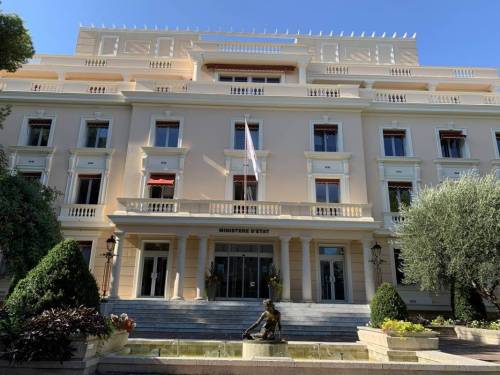Beyond the first announcement of April 3 cancelling the final exams of the baccalaureate and the national diploma («brevet») in favour of continuous monitoring, the Monaco’s Director of National Education, Isabelle Bonnal, explained further the new adaptations of the education system confronted with the crisis of Covid19.
Thus, only the grades of the first two trimesters will be taken into account in the context of continuous assessment to obtain the baccalaureate. And for the «Premiere» class the oral exam of the French baccalaureate is permanently abolished, again replaced by continuous testing.
In order to continue to encourage the presence in class of students in the Première and Terminale grades who have started their return to class since May 4, Ms. Bonnal insisted on the assessments being delivered by the teachers face-to-face:
«The student’s progress observed after the reopening of high schools will be indicated in comments in his school booklet. Likewise, assessments will be made with respect to the school book and concerning the pupil’s attendance and his commitment to school work during confinement and until the end of the year.»

The Director reiterated that, as every year, the baccalaureate diploma will be awarded by a jury of the Academy of Nice chaired by an academic and composed of inspectors and teachers. The jury will analyze the candidates’ school books, study the academic results obtained by each candidate during the final year in the first two trimesters ( as well as the first year) and take note of the assessments made by the teachers. As usual, the jury will work on harmonization, in order to respect the equal treatment of candidates.
Concerning the opening of a larger number of classes, like France, Isabelle Bonnal indicated carrying out a review was in order to judge all the opportunities for additional openings, perhaps two to three days a week, always respecting the health security of students and staff.









